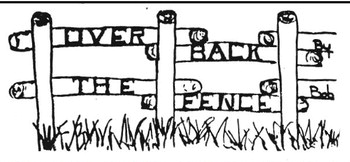Isn’t it a good thing ….


Isn’t it a good thing we don’t know what our destiny in life is? Who would have known when I was a kid and walking over a mile through the woods on an old abandoned road to grade...


Isn’t it a good thing we don’t know what our destiny in life is? Who would have known when I was a kid and walking over a mile through the woods on an old abandoned road to grade...